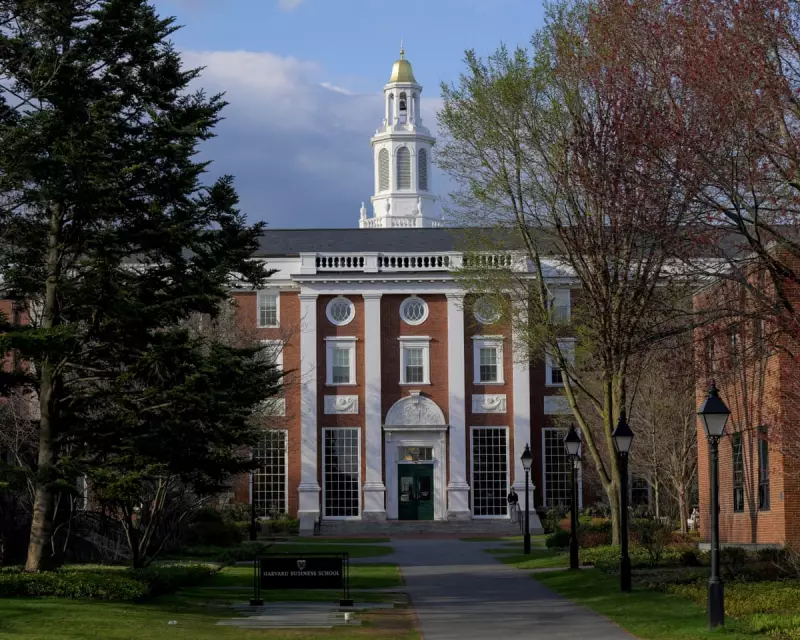
The Trump administration has initiated a sweeping review of Harvard University's patent policies, sparking debate over potential impacts on academic research and innovation. The move, seen by critics as politically motivated, could reshape how intellectual property is managed within one of America’s most prestigious institutions.
Why This Review Matters
Harvard, a global leader in research and development, holds thousands of patents across fields like biotechnology, medicine, and engineering. The administration’s scrutiny focuses on whether these patents align with national interests, particularly in sectors deemed critical for economic and security purposes.
Critics Raise Concerns
Academic leaders and legal experts warn that the review may undermine university autonomy. "This sets a dangerous precedent," said one professor, who requested anonymity. "If the government can dictate how research is commercialised, it could stifle innovation."
Administration’s Stance
Officials argue the review ensures taxpayer-funded research benefits the public. "We must prioritise American competitiveness," a White House spokesperson stated. The administration has previously clashed with universities over funding and free speech issues.
What Happens Next?
The outcome could influence patent policies nationwide. If Harvard is forced to alter its approach, other universities may face similar pressures, potentially reshaping the landscape of academic research and commercialisation.





